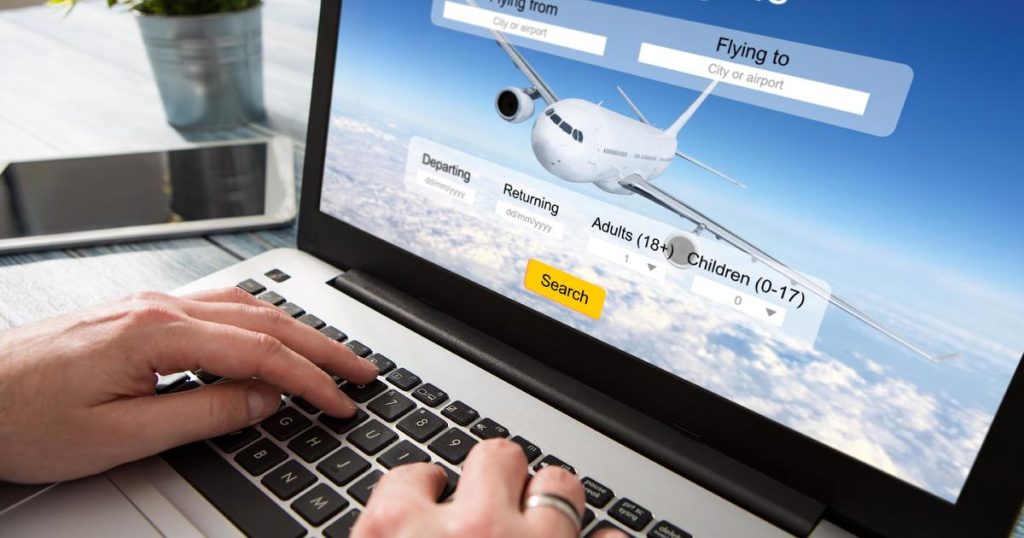Many airlines now offer “unbundled” fares, which can lead travelers to think they are getting a great deal on cheap plane tickets. However, by choosing the lowest base fare, consumers may end up paying more in the long run due to additional fees for things like seat assignments, checked bags, and snacks. This pricing strategy, known as drip pricing, can make it difficult for consumers to determine the true cost of flying and to compare prices among airlines. While proponents argue that drip pricing allows consumers to pay only for the perks they value, critics say it can be deceptive.
Drip pricing became popular in 2008 when airlines started charging for additional services like checked bags in order to compete with budget carriers. This model has since been adopted by full-service airlines, resulting in a lower initial ticket price that lures in customers, only for them to later incur additional fees. According to experts, the main drawback of unbundling fares is that it complicates the process of comparing ticket prices between airlines. Consumers often end up spending more money than necessary because they choose the option that appears cheaper upfront without considering the add-ons that can significantly increase the final cost.
Vicki Morwitz, a marketing professor at Columbia Business School, conducted a study on consumer behavior with drip pricing and found that many consumers are unaware of the true cost of their ticket when add-ons are included. This often results in customers spending more money than they intended. While Jay Sorensen, president of IdeaWorks, agrees that comparing airline ticket prices has become more challenging due to drip pricing, he believes it can be beneficial for consumers as they have the option to pay only for the services they want. Airlines are not obligated to make it easier for consumers to compare prices, as they are profit-seeking companies.
Sorensen likens the experience of booking airfare today to shopping for groceries, where customers add items to their cart as they navigate the booking process. This contrasts with the traditional method of selling travel and makes it more difficult for consumers to understand the total cost upfront. Despite the challenges of comparing prices, he acknowledges that airlines have the right to implement this pricing strategy to maximize profits. In conclusion, while drip pricing may make it harder for consumers to compare ticket prices, it also offers the flexibility of paying for desired extras while skipping unnecessary add-ons. To save money on airfare, travelers should carefully consider the total cost of their ticket before making a purchase.


